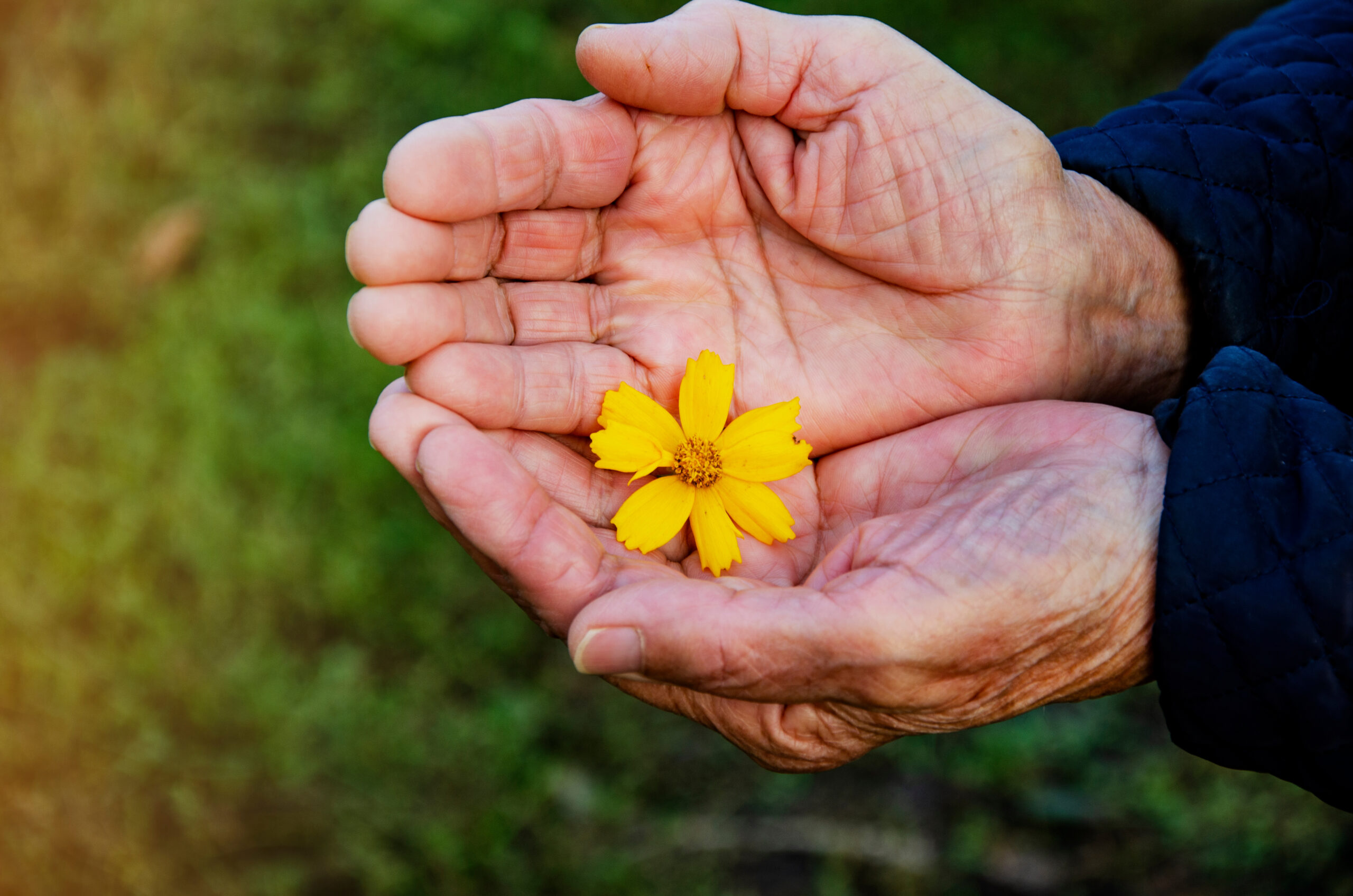How to Maintain a Dementia Patient’s Connection to Their Cultural Traditions
Maintaining a dementia patient’s connection to their cultural traditions is crucial for their emotional well-being and sense of identity. Cultural traditions often evoke strong memories and emotions, providing comfort and stability in times of confusion. Here are some ways to support dementia patients in staying connected to their cultural heritage:
## Understanding the Importance of Cultural Traditions
Cultural traditions play a significant role in shaping an individual’s identity and sense of belonging. For people with dementia, these traditions can serve as a vital link to their past, helping them feel more grounded and connected to their community. Recognizing and respecting these traditions is essential in dementia care.
## Incorporating Cultural Practices into Care
Incorporating cultural practices into daily care can be as simple as allowing patients to practice their faith or participate in cultural activities. For example, if a patient is Muslim, providing halal meals or arranging for prayer times can be very comforting. Similarly, if a patient is from a culture that values traditional music or dance, playing their favorite music or encouraging them to dance can evoke happy memories.
## Using Food to Connect with Cultural Heritage
Food is often at the heart of cultural identity, and preparing or consuming traditional dishes can be a powerful way to connect with one’s heritage. For individuals with dementia, familiar flavors and aromas can trigger memories of family gatherings or special occasions. Engaging patients in cooking traditional meals, even if it’s just a simple task like mixing spices, can provide a sense of purpose and connection to their cultural roots.
## Preserving Personal Stories
Personal stories and reminiscence therapies are also important tools in maintaining a patient’s connection to their cultural traditions. Encouraging patients to share stories about their cultural practices or family traditions can help strengthen their sense of self and provide emotional fulfillment. These stories can be used to create personalized care plans that respect and honor their cultural background.
## Engaging with the Community
Engaging with local communities that share similar cultural backgrounds can provide additional support and resources. Community events, cultural festivals, or support groups can offer opportunities for social interaction and cultural engagement, helping patients feel more connected to their heritage.
In summary, maintaining a dementia patient’s connection to their cultural traditions is vital for their emotional well-being and sense of identity. By incorporating cultural practices, using food as a tool for connection, preserving personal stories, and engaging with the community, caregivers can provide meaningful and culturally sensitive care that respects and honors the patient’s cultural heritage.





